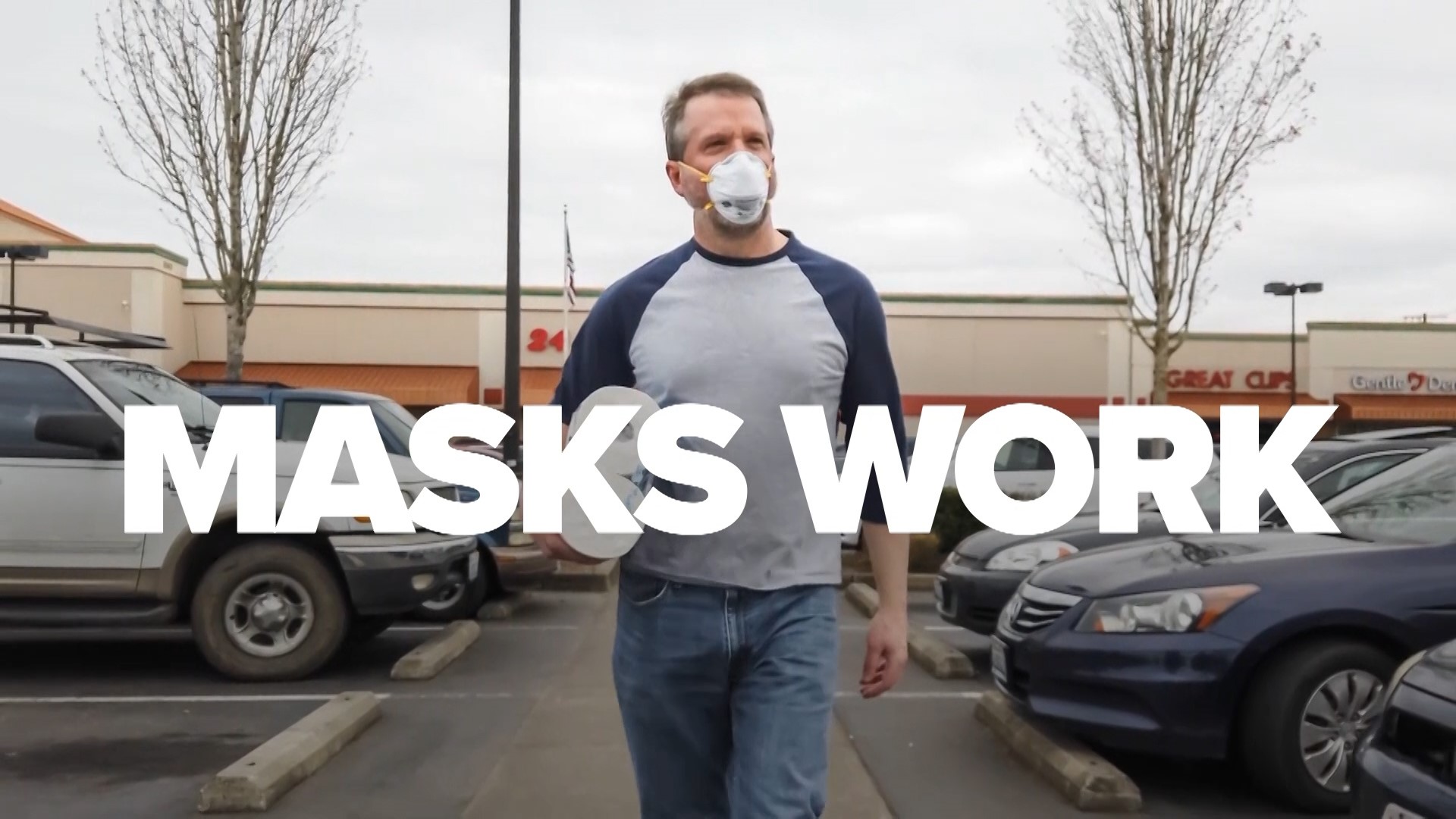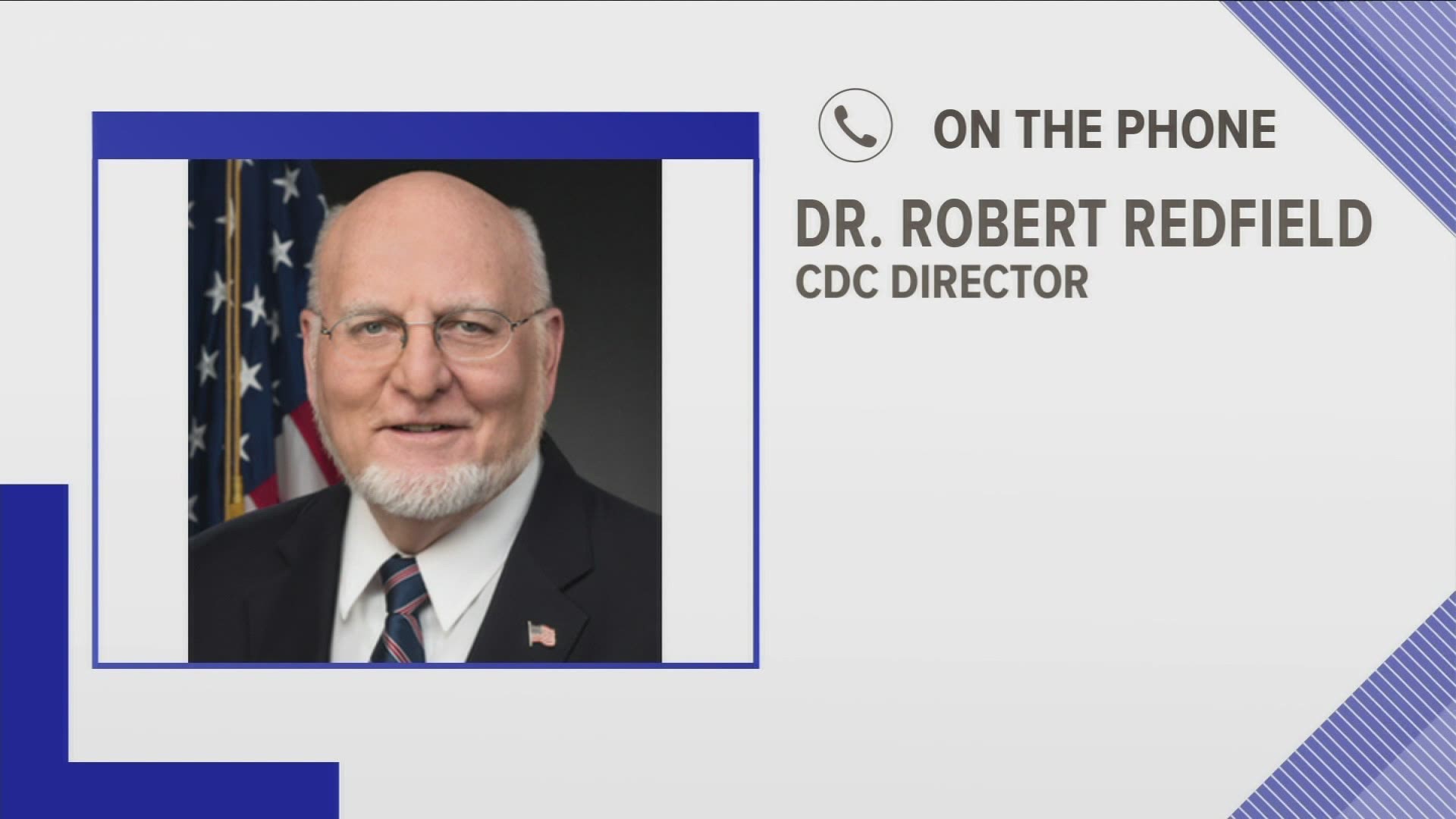The Centers for Disease Control and Prevention has updated its coronavirus quarantine guidance for travelers. It now says that those who have traveled outside of their state or country should self-evaluate their risk based on their travels before determining whether to self-isolate.
"These travelers should take extra precautions to protect others for 14 days after they arrive, including staying home as much as possible, avoiding being around people at a higher risk for severe illness from COVID-19, and considering getting tested for COVID-19," the CDC said in a statement.
The agency previously suggested that people who traveled out of the country or to areas with high concentrations of coronavirus cases self-isolate for two weeks.
RELATED: COVID-19 controlled in 4-12 weeks if all wear masks, wash hands, social distance, CDC chief says
Now, the CDC says travelers should consider whether they have been to high-risk areas or taken part in activities that could increase their likelihood of having contracted the coronavirus.
"Higher risk activities include being in an area that is experiencing high levels of spread, attending a mass gathering, being in crowded places, and travel on a cruise ship or river boat," the CDC said in a statement.
Although this is the CDC's general recommendation, the agency says travelers should check with local, state, territorial and tribal public health websites about its recommendations and restrictions.
The CDC also said travelers who know they were exposed to someone with COVID-19 before or during their trip should postpone travel for 14 days after their last exposure.
"Even without symptoms, these travelers can spread COVID-19 to other people during travel," the CDC said.
The guidance change was made Aug. 10, CDC said.
The agency continues to advise travelers wear a face mask with the nose and mouth covered, stay at least six feet apart from others when possible and wash hands often or use hand sanitizer with at least 60% alcohol. Most airlines are already requiring all passengers to wear an approved face covering.
The virus causes mild or moderate symptoms for most but can be more severe or fatal for some, especially older adults and those with existing health problems.
The Associated Press contributed to this report.


